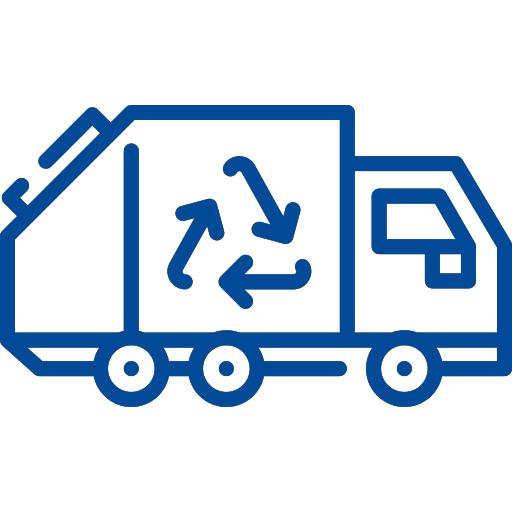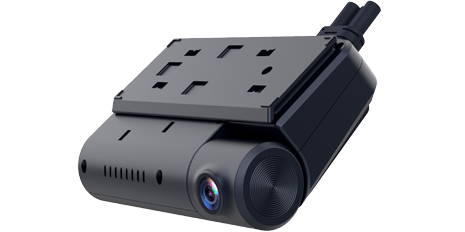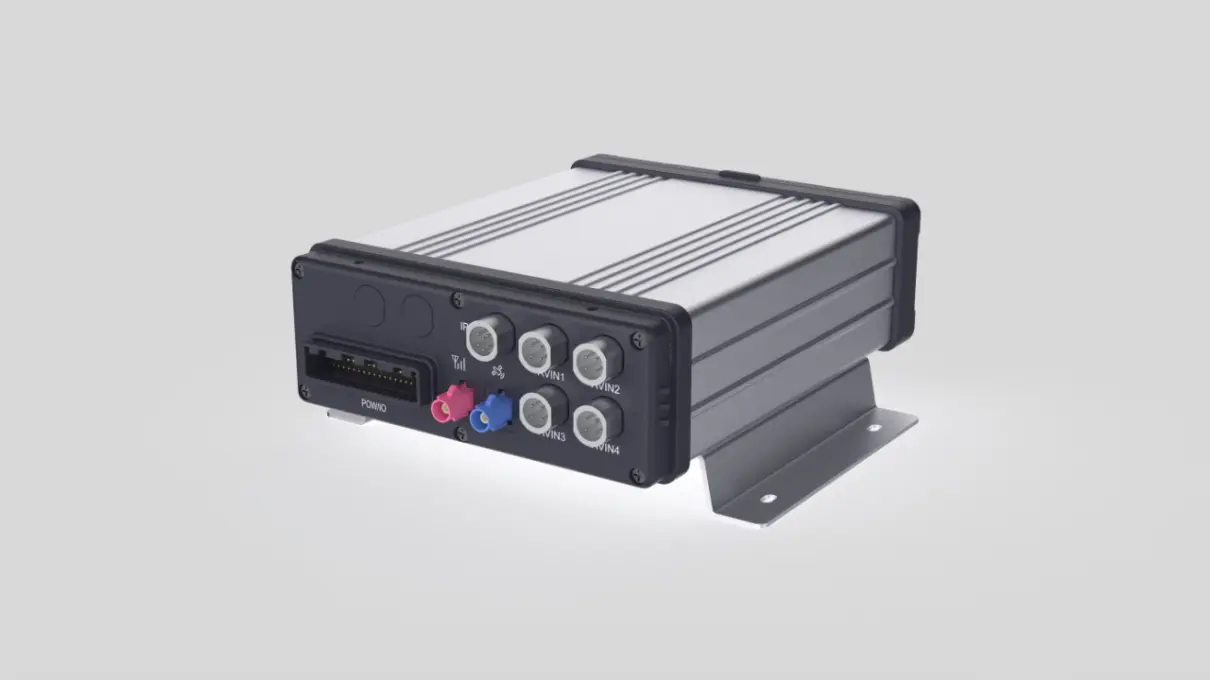GPS Fleet tracking Management costs
Vehicle Tracking solutions
Companies with commercial fleets understand that vehicles are one of the most cost-intensive assets. Protecting these assets should be a crucial component of any corporate fleet management strategy. To maintain efficient and profitable operations, fleet managers must consistently have accurate knowledge of their vehicles' locations.
The GPS Fleet Tracking Management System has become an effective tool in addressing this issue. It not only assists companies in tracking and managing vehicle assets but also controls and reduces operational costs, minimizes vehicle breakdowns, and lowers fuel consumption.

Although GPS fleet tracking systems represent an additional investment for companies, evidence shows that this investment not only helps in cost reduction but also yields a quick return on investment.
Core of GPS Fleet Tracking Management
The GPS Fleet Tracking Management System enables companies to track vehicle locations in real-time and gather valuable data about each vehicle. Typically, the system involves connecting small GPS tracking devices to the diagnostic ports of each truck.
These tracking devices function to collect relevant data about the vehicles and transmit it back to the dashboard via cellular or WiFi connections for fleet managers to view and interact with. Data collected by GPS devices includes:
GPS location
Distance traveled
Speed
Fuel usage
Idle time
Brake or steering anomalies
This data can be used to generate reports and alerts, allowing fleet managers to effectively manage and optimize their operations.
Cost of GPS Tracking
The cost of GPS tracking devices varies based on a company's specific needs. Factors influencing the cost of GPS tracking devices include:
The type of system chosen
The number of vehicles equipped
The type of monitoring software or services used
The location of purchasing GPS fleet tracking devices
Some GPS fleet tracking providers offer leasing options, although a downside to leasing is that associated costs may be higher than purchasing a system. The price range for GPS fleet tracking varies from $5 to $100 per vehicle per month. Although this range is broad, the majority of GPS tracking costs typically fall between $5 and $15 per vehicle per month.
The chosen GPS tracking system's cost should align with the company's development plans, ensuring that the selected system can evolve with the company's growing scale.
Value of GPS Fleet Tracking Devices
Every company's operational goal is to profit by generating returns on investments. GPS fleet tracking systems not only bring investment returns through their pricing but also assist companies in providing operational support in other areas, including:
Tracking on-site vehicles
Enhancing driver safety
Reducing fuel costs
Monitoring vehicle maintenance and repair needs
Improving vehicle safety
According to the Commercial Carrier Journal (CCJ), some companies successfully reduce insurance costs by calculating insurance risks. CCJ explains that, after installing truck tracking devices, a company's insurance costs decreased from $14,000 per vehicle per year to $7,500 per vehicle per year.
Increasing Profits with GPS Fleet Management
When used correctly, GPS fleet management systems can help manage costs and increase profits. GPS fleet tracking systems assist companies in:
Reducing fuel consumption
By tracking idle time, preventing vehicle misuse after hours, and planning more efficient routes.
Increasing customer retention
By providing faster delivery or reservation response times, automatic estimated arrival time notifications, and increasing the percentage of on-time arrivals and deliveries.
Minimizing vehicle breakdowns
By generating vehicle diagnostic reports, companies can proactively plan maintenance. The system also identifies critical vehicle issues in real-time and sends automatic alerts to help minimize breakdowns.
Preventing collisions
GPS fleet management systems can proactively identify risky drivers through integrated dashcams, improve coaching efficiency, prevent collisions, and save related costs.
Controlling expenses
By automating compliance and streamlining communication, GPS fleet management systems contribute to expanding business scale, improving operational efficiency, and controlling indirect costs associated with backend operations and support staff.
Email:hello@yuweitek.com

















































